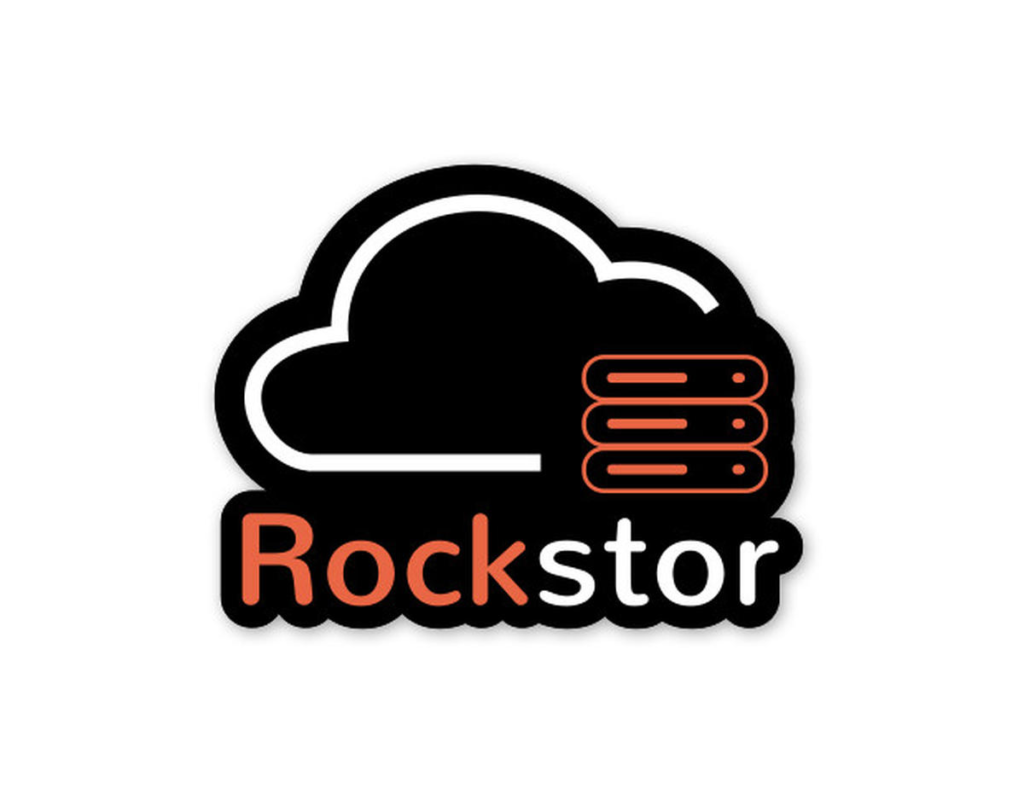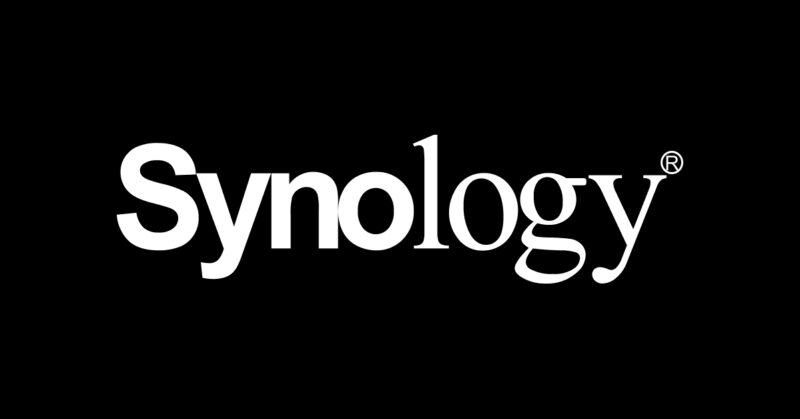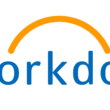In the expansive realm of data storage and management, the quest for the perfect solution often leads us beyond the well-established paths. Synology has long been a stalwart in this domain, but the ever-evolving landscape prompts us to explore alternatives that might better align with our specific needs. Join us as we embark on a journey through the world of Synology alternatives, delving into their unique features, understanding their limitations, and discovering what sets each of them apart.
Synology Alternative: Exploring Features and Limitations
In the vast landscape of data storage and management, finding the right solution can be a daunting task. Synology has been a prominent player, but sometimes, exploring alternatives becomes a necessity. Let’s delve into the world of Synology alternatives, examining their features, limitations, and what sets them apart.
Features of Synology Alternative
When scouting for a Synology alternative, understanding the features is paramount. These alternatives come with a plethora of functionalities, each catering to specific needs. Here are some key features to look out for:
- Versatile Storage Solutions: A standout feature of Synology alternatives is their versatility in storage solutions. From RAID configurations to scalable storage options, these alternatives offer a range of choices to meet diverse storage needs.
- Robust Data Security: In the digital age, data security is non-negotiable. Synology alternatives boast robust security measures, including encryption, firewall protection, and multi-factor authentication, ensuring your data remains confidential and protected from unauthorized access.
- Seamless Collaboration Tools: For businesses relying on collaborative efforts, a Synology alternative should provide seamless collaboration tools. Features like real-time document editing, file sharing, and version control enhance teamwork and boost productivity.
- Scalability and Upgradability: One of the key considerations is scalability. Synology alternatives excel in scalability, allowing users to expand storage capacities effortlessly. Additionally, they offer easy upgradability, ensuring compatibility with evolving technological requirements.
Limitations to Consider
While exploring Synology alternatives, being aware of their limitations is crucial. Understanding these constraints will help you make an informed decision based on your specific needs.
- Learning Curve: Some alternatives may have a steeper learning curve compared to Synology. Evaluating whether the time invested in learning the new system is essential to your organization’s goals is essential.
- Customization Challenges: Synology’s user-friendly interface is renowned for its customization options. However, some alternatives may pose challenges in achieving the same level of customization, impacting the user experience.
- App Ecosystem Variations: Synology’s rich app ecosystem contributes to its popularity. Exploring alternatives may reveal variations in available apps, requiring a careful assessment of whether the alternative meets your application needs.
- Support and Community: Synology benefits from a robust support system and community forums. Synology alternatives may differ in the level of support and community engagement, influencing your ability to troubleshoot issues efficiently.
What Sets Synology Alternatives Apart?
Understanding the unique selling points of Synology alternatives is crucial for making an informed decision. Let’s explore what sets these alternatives apart in the competitive market.
Some Synology alternatives embrace open-source principles, providing users with the freedom to customize and modify the software according to their preferences.
This open-source approach appeals to users seeking greater control over their storage solutions. In comparison to Synology, some alternatives offer cost-efficient solutions without compromising on essential features. For budget-conscious users, this can be a compelling reason to explore alternative options.
Certain Synology alternatives cater to specific niches, providing tailored solutions for industries with unique requirements. This specialization ensures a focused approach to addressing specific challenges, making them preferable for niche use cases. Synology alternatives often prioritize cross-platform compatibility, allowing users to integrate their storage solutions with various operating systems seamlessly. This flexibility enhances accessibility and collaboration across diverse platforms.
Why is There a Need for Synology Alternatives

In the dynamic landscape of data management, the quest for Synology alternatives arises from various factors that cater to specific needs and preferences. Let’s delve into the compelling reasons why individuals and businesses seek alternatives to Synology, exploring the distinct advantages that each alternative brings to the forefront.
1. Customization and Freedom
Synology alternatives often appeal to users seeking a higher degree of customization and freedom. Exploring alternatives allows for a more tailored approach to storage solutions, enabling users to fine-tune configurations and adapt the system to their unique requirements.
2. Cost-Efficiency and Budget Considerations
The need for Synology alternatives is underscored by considerations of cost-efficiency. Some alternatives offer comparable features and functionalities at a more budget-friendly price point, making them an attractive option for individuals and businesses looking to optimize costs without compromising on performance.
3. Specialized Use Cases and Niche Requirements
Certain industries and use cases demand specialized functionalities that may not be fully addressed by Synology. The quest for alternatives stems from the desire to find solutions that cater specifically to niche requirements, providing tailored features for optimal performance in specific environments.
4. Open-Source Advocacy
The preference for open-source solutions is a driving force behind the exploration of Synology alternatives. Users who value the principles of open-source software seek alternatives that embrace this philosophy, allowing for greater transparency, collaboration, and adaptability in their data management systems.
5. Diverse Ecosystems and Platform Compatibility
Synology alternatives come into play when users require a more diverse ecosystem or enhanced compatibility with different platforms. Exploring alternatives allows users to find solutions that seamlessly integrate with their existing infrastructure, supporting cross-platform collaboration and ensuring a cohesive user experience.
Commonly Used Synology Alternatives For Data Management

Embarking on the journey to find the ideal data management solution often leads to exploring Synology alternatives, each distinguished by unique features and capabilities meticulously crafted to meet diverse needs. As we navigate through this landscape, we’ll unveil a selection of widely embraced alternatives that have garnered attention for their performance and versatility.
These alternatives not only serve as formidable contenders in the realm of data management but also present users with tailored functionalities designed to address specific challenges. Let’s delve into the intricacies of these popular Synology alternatives, dissecting their attributes to empower you with the knowledge needed to make an informed choice based on your individual requirements.
1. FreeNAS
FreeNAS emerges as a formidable open-source alternative, captivating users with its rich feature set and commitment to data integrity. Boasting support for the ZFS file system, it sets a high standard for advanced data protection, ensuring the reliability and safety of stored information. The user-friendly web interface further distinguishes FreeNAS, offering a seamless and intuitive experience for users navigating through its myriad functionalities.
2. Unraid
Unraid shines as a beacon of flexibility in the realm of storage solutions, accommodating a diverse array of storage devices with unparalleled ease. Its unique parity system takes center stage, providing an extra layer of data protection that resonates with users prioritizing the security of their stored information. Unraid’s versatility makes it a compelling choice for those seeking a dynamic and secure storage environment.
3. QNAP
QNAP effortlessly marries hardware and software excellence, crafting robust NAS solutions that stand as paragons of reliability. A vast app ecosystem amplifies its appeal, offering users an extensive toolkit to enhance their storage experience. The user-friendly interface is a testament to QNAP’s commitment to accessibility, making it a welcoming choice for both novices and seasoned users navigating the intricate landscape of Network Attached Storage.
4. OpenMediaVault
OpenMediaVault, rooted in Debian Linux, embraces a modular design philosophy, granting users the power to augment functionality through plugins. This alternative is a beacon for those who value customization and scalability, allowing them to tailor their storage environment to specific needs. OpenMediaVault emerges as an excellent choice for users seeking a flexible and adaptable solution that evolves with their requirements.
5. Rockstor
Built upon the resilient Btrfs file system, Rockstor positions itself as a champion of simplicity and reliability. Its responsive web interface facilitates effortless navigation, while support for various storage protocols ensures compatibility with diverse environments. Rockstor becomes an attractive option for those who prioritize user-friendly experiences without compromising on the robustness required for effective data management.
6. Amahi
Amahi carves its niche as a provider of a robust home server solution, emphasizing simplicity in its design. Tailored for media streaming and home automation, Amahi caters to users seeking an all-encompassing home server experience. Its intuitive interface and dedicated focus on home-oriented functionalities make it a go-to choice for households looking to streamline their digital lifestyles.
7. Openfiler
Openfiler, a stalwart in the open-source NAS/SAN domain, distinguishes itself with a comprehensive feature set. Supporting multiple storage protocols, it caters to the needs of enterprises, offering a robust solution for data-intensive environments. The enterprise-level storage capabilities make Openfiler a trusted choice for organizations seeking a secure and feature-rich storage solution.
8. TrueNAS
Formerly known as FreeNAS, TrueNAS undergoes a transformation into a powerful storage solution with enterprise-grade features. Its unified storage architecture and support for virtualization position it as an indispensable tool for businesses. TrueNAS becomes a go-to choice for organizations seeking a robust and scalable storage solution with advanced features tailored to the demands of virtualized environments.
9. Thecus
Thecus specializes in crafting NAS solutions tailored for various industries, earning a reputation for reliability and scalability. The user-friendly interface, coupled with robust hardware, reinforces its popularity among users with diverse storage needs. Thecus becomes a trusted ally for businesses seeking reliable and scalable storage solutions adapted to their specific industry requirements.
10. Asustor
Asustor seamlessly blends hardware innovation with an intuitive software interface, delivering NAS solutions that bridge the gap between home and business use. Its emphasis on multimedia features sets it apart, making it an attractive option for users seeking a comprehensive storage solution. Asustor becomes a reliable choice for those looking to harmonize multimedia functionalities with robust storage capabilities in a single package.
Factors To Consider While Choosing The Perfect Synology Alternative

Selecting the optimal Synology alternative demands a meticulous examination of several critical factors that will play a pivotal role in shaping your decision. As you embark on this decision-making journey, it’s imperative to navigate through the intricate landscape of considerations that will ultimately determine the suitability of the chosen alternative for your unique needs.
In the quest for the perfect fit, let’s delve deeper into the key aspects that should not only guide but also significantly influence your decision-making process, ensuring that the chosen alternative aligns seamlessly with your organizational goals and requirements.
1. Scalability and Future Expansion
In the ever-evolving landscape of data management, envisioning and preparing for future expansion is not just strategic; it’s imperative. When evaluating the scalability of a Synology alternative, delve into the intricate details to ensure it aligns seamlessly with your burgeoning plans. A robust and scalable solution is more than a feature; it’s the bedrock for long-term viability and success. Picture your organization’s growth trajectory and ascertain that the chosen alternative possesses the flexibility to expand effortlessly, accommodating your evolving needs without imposing constraints.
2. Data Security and Encryption
In the digital era, safeguarding your data is not merely a task; it’s a mission-critical responsibility. When navigating through Synology alternatives, prioritize those fortified with robust data security features. Encryption and multi-factor authentication stand as the guardians of your digital fortress, creating an impenetrable barrier against unauthorized access. Make data security a non-negotiable aspect of your selection criteria, ensuring that the alternative you choose provides an airtight shield to preserve the confidentiality and integrity of your valuable information.
3. User-Friendly Interface
In the realm of data management, the user interface is the compass guiding your team through the intricate terrains of technology. As you consider Synology alternatives, prioritize a user-friendly interface, especially if your team boasts a diverse range of technical expertise. An intuitive design not only streamlines daily operations but also acts as a beacon, reducing the learning curve and empowering users to navigate effortlessly. Picture a tool that feels familiar and accessible to both novices and seasoned tech enthusiasts, fostering a collaborative and efficient working environment.
4. Community Support and Documentation
Embarking on the journey with a Synology alternative necessitates reliable lifelines in the form of community support and comprehensive documentation. Scrutinize the depth of community engagement, as a robust community acts as a compass guiding you out of the digital wilderness. Well-documented resources become your survival guide, empowering you to troubleshoot issues with confidence. When selecting an alternative, ensure that these lifelines are not just present but vibrant, ready to assist and illuminate the path, ensuring a smooth and secure journey.
5. Cost-Effectiveness
In the realm of Synology alternatives, the equation of features versus costs demands careful calibration. Achieving the perfect balance ensures not just immediate affordability but also sustainable growth. While exploring alternatives, be judicious in your assessment, weighing both upfront costs and long-term expenses. Choose an alternative that aligns with your budgetary constraints without compromising the functionalities crucial for effective data management. Think of it as an investment – one that yields not just immediate returns but paves the way for long-term prosperity.
Conclusion
In the dynamic landscape of data management, exploring Synology alternatives opens doors to diverse possibilities. Each alternative comes with its own set of features, limitations, and unique selling points. By carefully considering factors such as scalability, security, and user-friendliness, you can make an informed decision to find the perfect Synology alternative that aligns with your specific needs.









